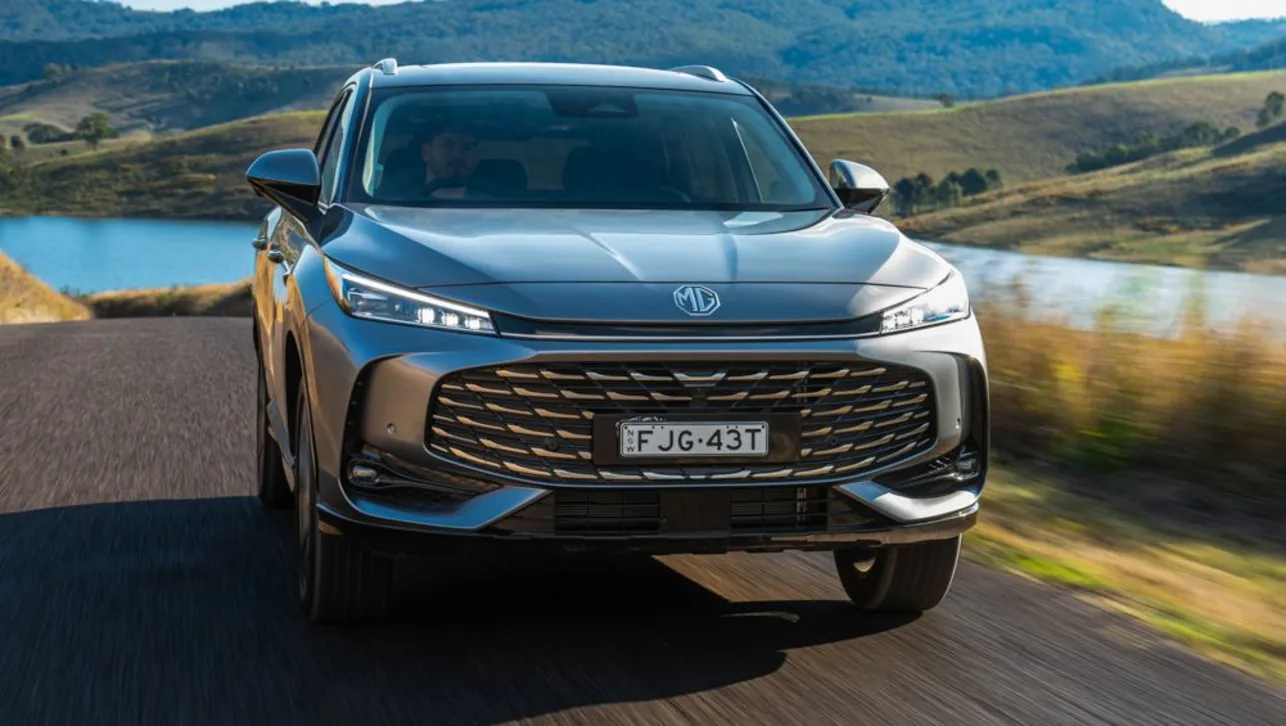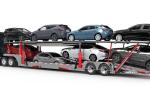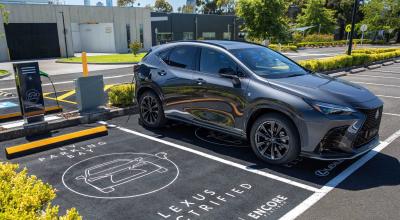New Rule Could Ban Chinese Connected Cars In U.S. By 2027

by AutoExpert | 24 September, 2024
So, the Biden Administration’s at it again, targeting Chinese automakers and tech firms. This time, it’s all about connected cars, which apparently pose some big national security risks. I mean, makes sense, right?
We’re talking about cars with cameras, sensors, and the ability to collect loads of data while zipping around U.S. roads. You don’t exactly want that falling into the wrong hands. The White House is saying that Chinese companies are trying to take over the connected car game, both here and globally. Sounds kind of like a plot from a spy movie, but here we are.
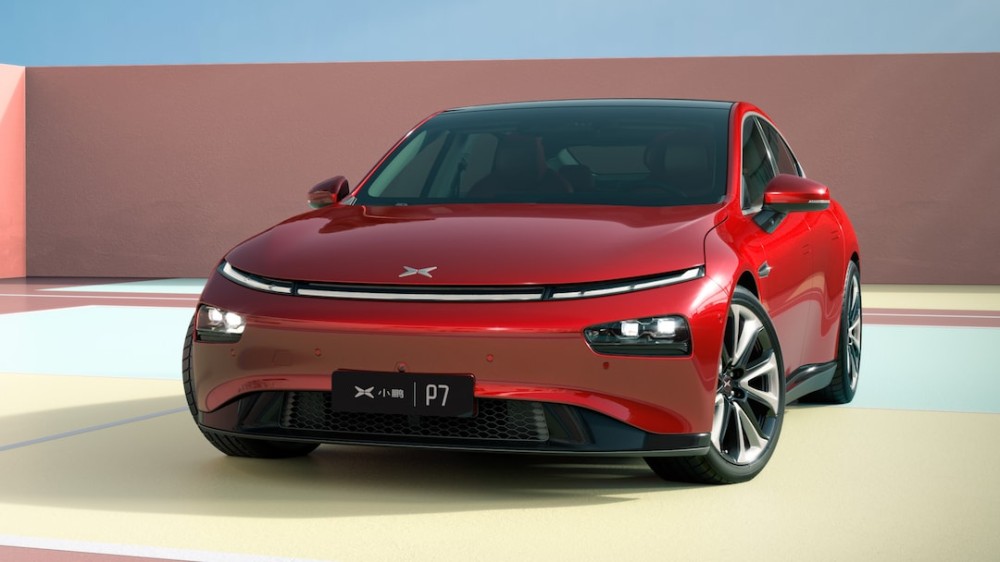
So, to counter this, the Department of Commerce is throwing out a new rule. It would basically ban the sale or import of connected vehicles and certain parts from countries like China and Russia. Yup, China’s the main target; no surprises there.
Now, what’s the big deal with these connected cars? Apparently, they don’t just drive you around. They collect data—like, a lot of data. That's everything—from where you're driving to who's in the car with you. Imagine cameras recording U.S. infrastructure or sensors capturing information that could be used in all sorts of ways we don’t even want to think about. It’s not just about the cars themselves; it’s about the data.
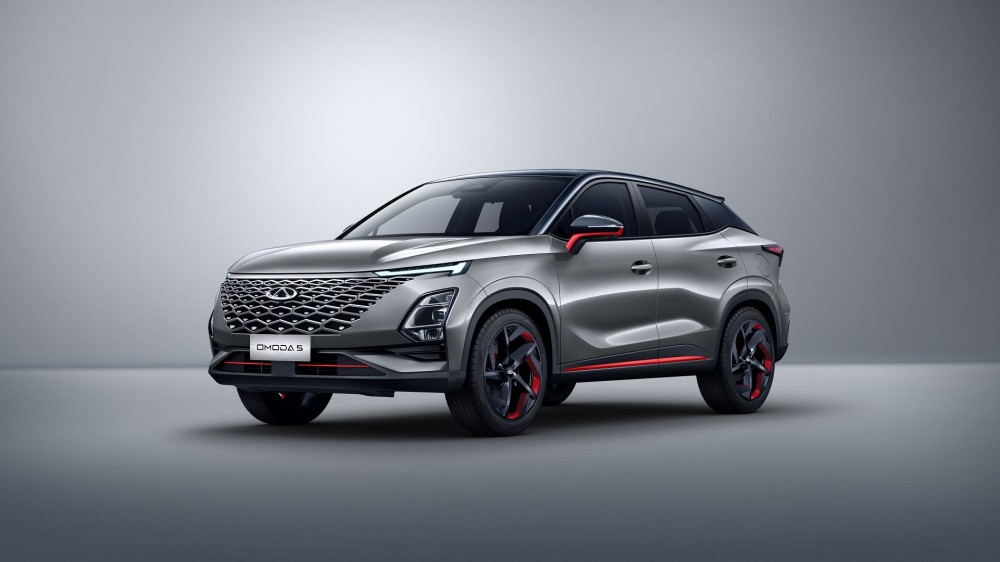
The government is concerned that this data could potentially compromise infrastructure or even the vehicles themselves if it falls into the wrong hands. The government has even flagged some specific tech from China and Russia as particularly dangerous.
What are they going to do about it? They want to crack down on any vehicle systems or parts that have a "nexus" to those countries. Bluetooth, cellular, satellite, Wi-Fi, automated driving systems—you name it, it’s on the radar.
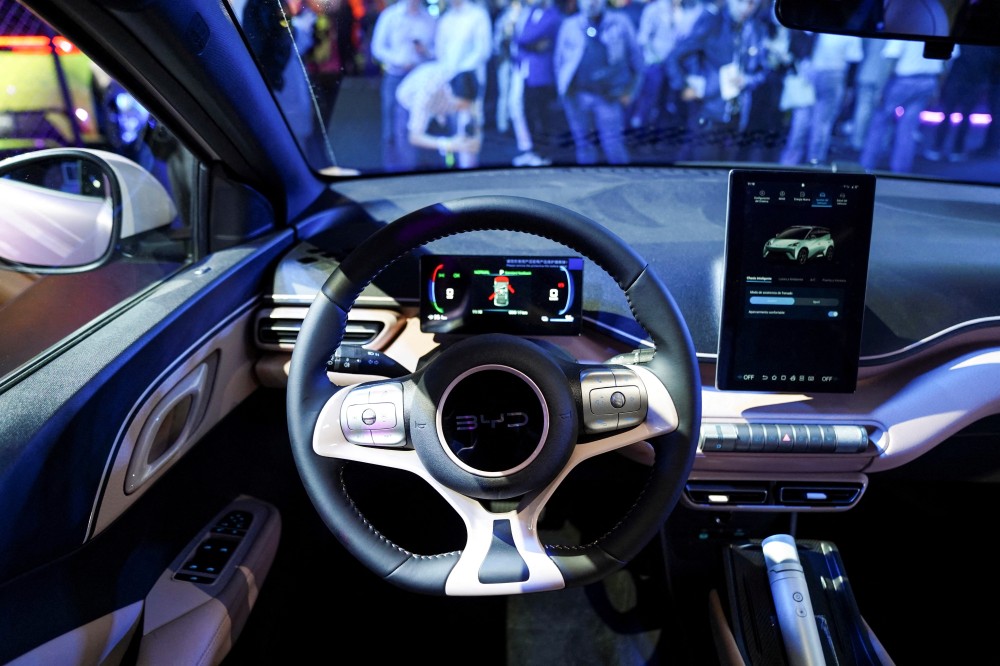
Here’s the kicker: these bans wouldn’t start until 2027 for software and 2030 for hardware, so there's still some time. But if you’re a small automaker, don’t freak out just yet—they’re considering exemptions.
The rule isn’t set in stone just yet. The Department of Commerce is going to work with all the usual suspects—industry leaders, U.S. allies, and other folks—to make sure they’re not blowing everything up without a beneficial reason. The goal? Protect national security, but not totally wreck the auto market in the process.
